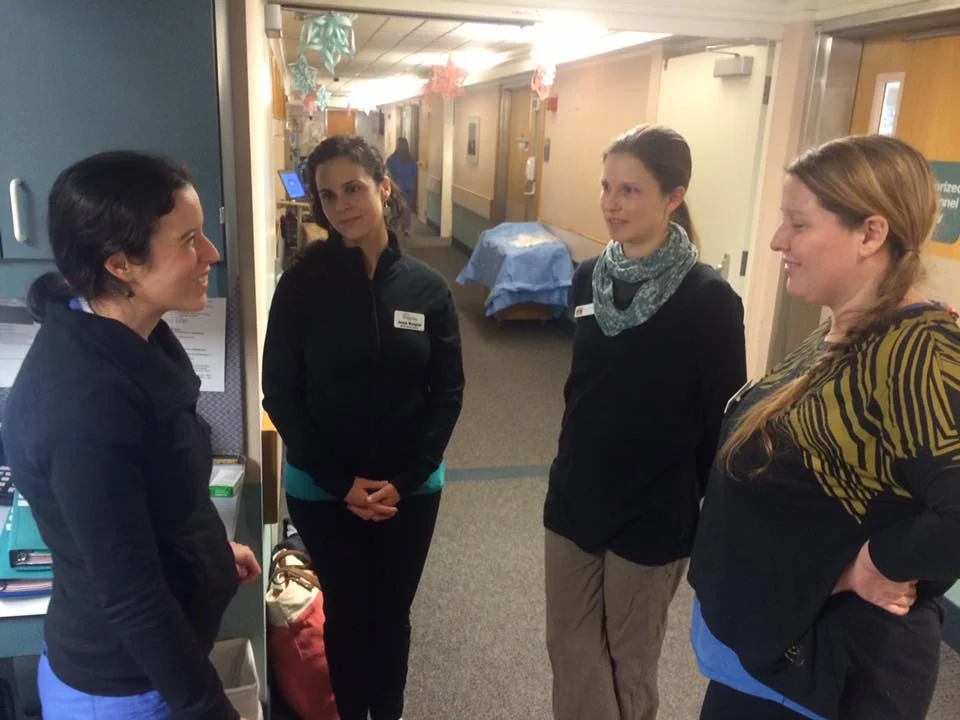Gateway Doula Group
Every pregnant person stands to benefit from support during childbirth, especially those from under-served communities, for whom negative disparities in birth outcomes are an unfortunate reality. The Gateway Doula Project formed in 2012 to provide these communities with increased access to doula care. Doulas are trained to provide educational, physical and emotional support to patients during labor and birth. We are based in Portland, Oregon, and attend births in the greater Portland Area and provide on call doula care with the Adventist Midwifery Group.
Our Gateway Doula Group is a membership based organziation that offers doulas in the certification process and credentialed doulas the opportunity to partner or match with families seeking doula care with a special emphasis on Oregon Health Plan/Medicaid families. We offer match services and Doula BIlling Hub Services for community member doulas.
Most of our member doulas are on their way towards or have completed the Oregon Health Authority Traditional Health Worker (THW) Doula credential that allows them to take Medicaid OHP clients free of charge.
Mission
The mission of Gateway Doula Group is to offer access to commuity doula care and reduce barriers for families and doulas alike to this care. Our member doulas represent a variety of backgrounds, languages spoken, cultures, and communities to provide the most comprehensive, culturally specific and empowering services possible to our clients.
Vision
Gateway Doula Project envisions a world in which all pregnant people have equal access to compassionate, nonjudgmental support during labor and birth. We hope to create a culture that empowers all people to make healthy and informed reproductive decisions most suitable to their circumstance.
Why It Matters
Numerous studies* have shown that those in labor who receive continuous support from a doula are more likely to have spontaneous vaginal births, and less likely to have pain medication, epidurals, negative feelings about childbirth, vacuum or forceps-assisted births, and C-sections. In addition, their labors were shorter by about 40 minutes and their babies were less likely to have low Apgar scores at birth.









